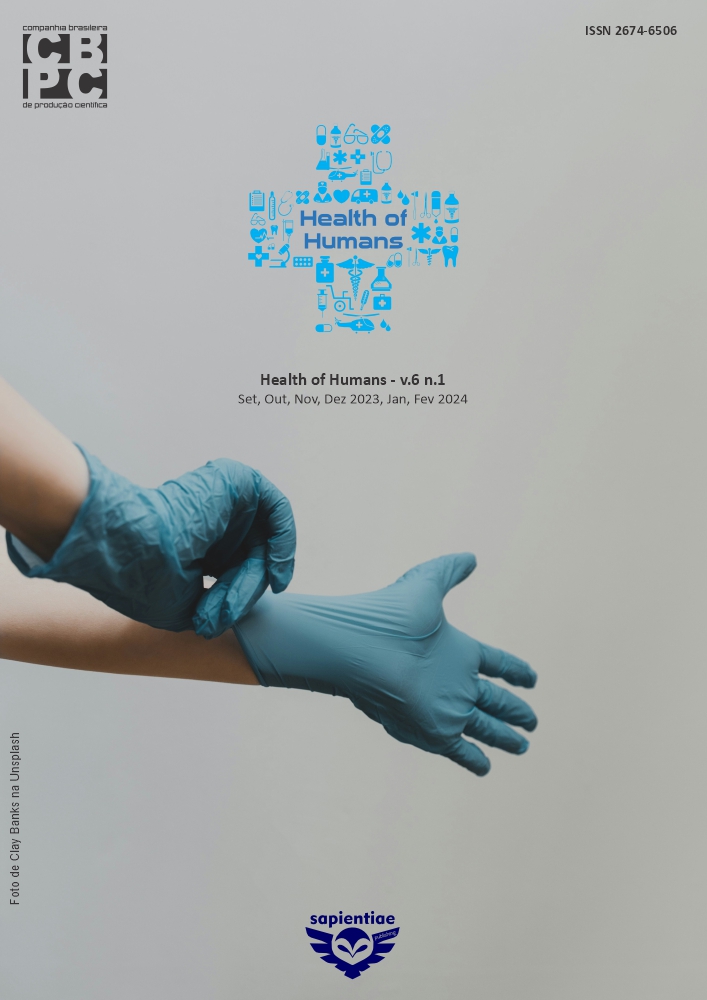Association between intrinsic breast cancer subtypes and high BMI: systematic review
DOI:
https://doi.org/10.6008/CBPC2236-9600.2023.002.0010Keywords:
Breast Neoplasms, Obesity, Body mass index, Risk FactorsAbstract
The pathophysiological mechanisms that explain the association between overweight or obesity and breast cancer subtypes are not completely understood. However, changes linked to obesity, such as increased release of leptin, free fatty acids, TNF-α, chronic hyperinsulinemia and insulin resistance seem to favor carcinogenesis. Thus, this systematic review aims to analyze data related to a high BMI as a risk factor for the different intrinsic subtypes of breast cancer in pre- and postmenopausal women, in order to identify whether there is any specific subtype of breast cancer that is associated with a BMI ≥ 25 kg/m2. This study is a systematic review, implemented according to the PRISMA-Statement. The databases used were: PubMED, LILACS and SciELO, from November 1 to 30, 2022, using the descriptors: Breast Neoplasms, Obesity, Body mass index, risk factors (Risk Factors), which were extracted from the Health Sciences Descriptors (DeCS) and Medical Subject Headings (MeSH) portals. Such descriptors were related by Boolean operators 'AND' or 'OR'. 229 articles were analyzed, after applying inclusion and exclusion criteria. Of these, 21 are part of this systematic review, resulting in a sample space of 24 to 206,263 women, age group 26 to 97 years, state of gynecological physiology (pre-menopause and post-menopause), geographic area (South America, South America North America, Africa and the European Union) and life habits (sedentary lifestyle, smoking and alcoholism). The data found showed a positive relationship between overweight or obesity and breast cancer, especially in postmenopausal women. Furthermore, some studies highlighted the impact of factors involved in obesity (insulin resistance and inflammatory markers, for example) in this relationship. Elevated BMI is associated with an increased risk of breast cancer, especially the Estrogen Receptor Positive subtype in postmenopausal women, in addition to a worse prognosis. As it is a modifiable factor, weight loss (in patients with a BMI ≥ 25 kg/m2) should be considered as a possible protocol for monitoring and preventing breast cancer.
Downloads
Downloads
Published
Issue
Section
License
Copyright (c) 2023 Scire Salutis

This work is licensed under a Creative Commons Attribution-NonCommercial-NoDerivatives 4.0 International License.
The CBPC - Companhia Brasileira de Produção Científica (Brazil CNPJ: 11.221.422/0001-03) the material rights of the published works. The rights relate to the publication of the work anywhere in the world, including rights to renewals, expansions and dissemination of the contribution, as well as other subsidiary rights. All electronically published works may subsequently be published in printed collections under the coordination of this company and / or its partners. The authors preserve the copyright, but are not allowed to publish the contribution in another medium, printed or digital, in Portuguese or in translation.








